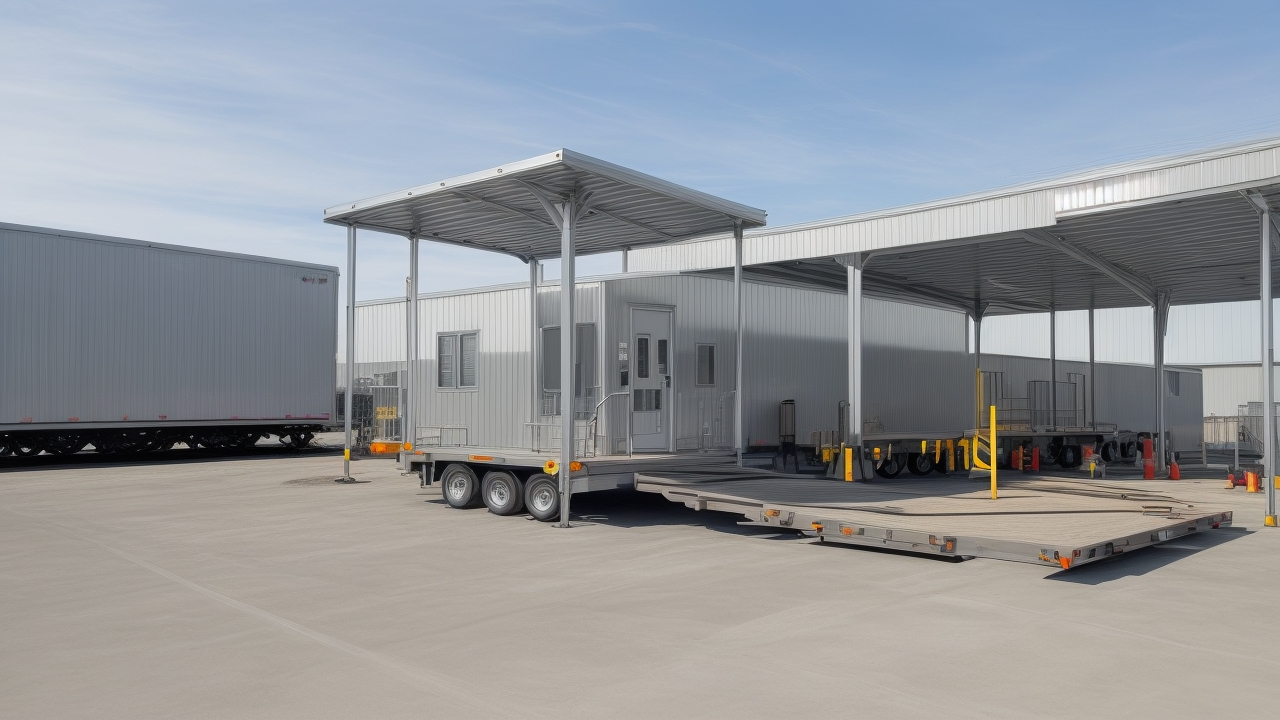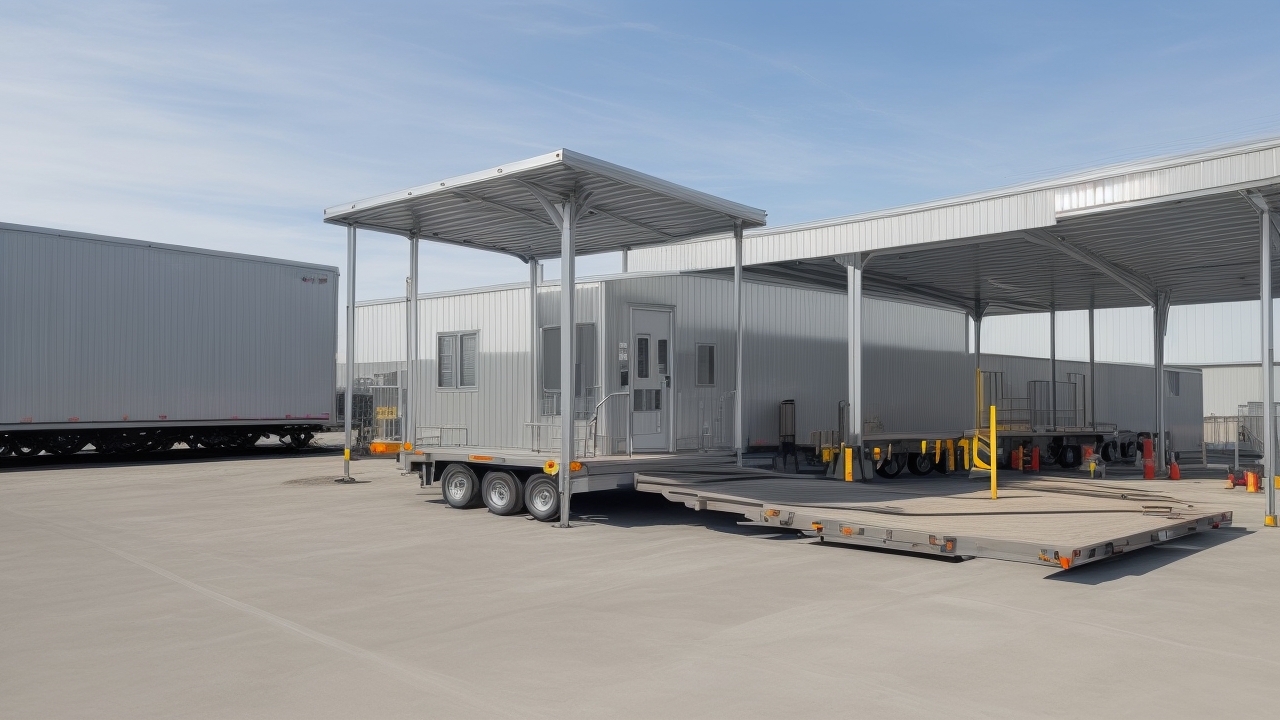platform trailers explained in detail
Platform trailers are versatile transportation solutions used for hauling heavy equipment and materials, characterized by their flat-deck design without walls or roof, ideal for oversized loads. The blog provides a comprehensive overview, addressing what platform trailers are, their various types such as standard, drop deck, and extendable models, and key features and benefits like unrestricted side access and heavy-duty construction. It also discusses factors to consider when choosing the right trailer, such as load requirements and towing vehicle compatibility, and emphasizes the importance of regular maintenance to ensure optimal performance. The blog also answers frequently asked questions about platform trailers, including their weight capacity, dimensions, and permit requirements, making it a valuable resource for those in need of an adaptable transport solution.
Platform Trailers – The Complete Overview
Table of Contents
- What are platform trailers
- Types of platform trailers
- Key features and benefits
- Choosing the right platform trailer
- Maintenance and care
- People ask about platform trailers
What are platform trailers
Platform trailers serve as versatile transportation solutions for hauling heavy equipment and materials. These flat-deck trailers provide an open cargo area without walls or roof, making them ideal for oversized loads that require easy access from all sides. The basic design consists of a sturdy metal frame supporting a level deck surface.
Similar to how unlimited cycles work in transportation, platform trailers offer flexible hauling capabilities. Their adaptable nature allows them to handle diverse cargo types efficiently.
Types of platform trailers
Several platform trailer variants exist to meet different transportation needs:
Standard platform trailers feature a basic flat deck design ideal for general cargo. Drop deck models have a lower deck height enabling easier loading of tall items. Extendable platform trailers adjust in length to accommodate longer loads. Just as translation tools adapt to different languages, these trailers adapt to various load requirements.
Key features and benefits
Platform trailers deliver multiple advantages through their design:
- Unrestricted side access for loading/unloading
- Configurable tie-down points for load securing
- Heavy-duty construction for durability
- Various deck surface options
Choosing the right platform trailer
Selecting an appropriate platform trailer requires evaluating several factors:
Load requirements determine the necessary deck size and weight capacity. Consider the types of cargo you’ll transport most frequently. Factor in towing vehicle compatibility and local regulations. Assess whether features like ramps or winches would benefit your operations.
Maintenance and care
Regular maintenance ensures optimal platform trailer performance and longevity. Inspect the deck surface, frame, and running gear regularly. Keep wheel bearings properly lubricated. Check tire pressure and wear patterns monthly. Clean the deck after use, especially when hauling dirty materials.
People ask about platform trailers
What weight can platform trailers typically handle?
Most standard platform trailers support between 5,000 to 40,000 pounds, depending on their design and axle configuration. Always verify the specific capacity rating for your model.
How wide are platform trailers?
Common platform trailer widths range from 7 to 8.5 feet. Some specialized models offer wider decks up to 12 feet for oversized loads.
Do platform trailers require special permits?
Standard-sized platform trailers generally don’t require permits. However, wide loads or trailers exceeding standard length limits may need special transportation permits depending on local regulations.


